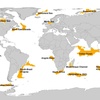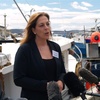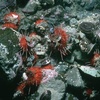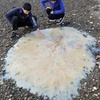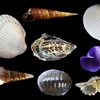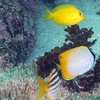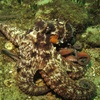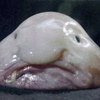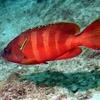
Redmap in The Tasmanian Naturalist!
Citizen science is becoming an important tool for monitoring changes in the earth's vast oceans. And the traditional world of science is starting to take note. Redmap has written an article for the journal The Tasmanian Naturalist! The piece reviews how Redmap is collecting a long-term record of verified observations of out-of-range species that adds to the data available from traditional scientific surveys. Read the full article here.


